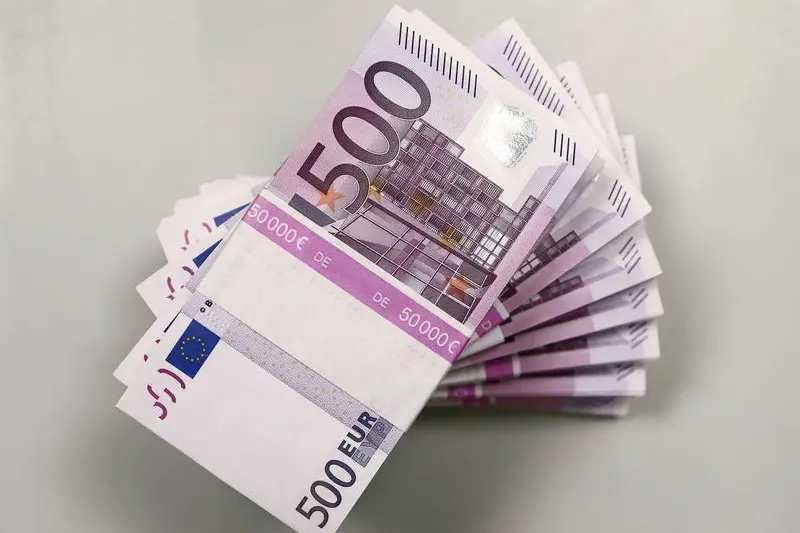
Egypt has attracted billions of dollars in international investment thanks to a sweeping series of economic reforms, according to a new report published by the global financial platform Euromoney.
The report highlights that policy shifts, particularly the liberalisation of the exchange rate, have played a central role in reviving investor confidence and unlocking significant foreign capital inflows.
Euromoney praised the Egyptian government’s strategies aimed at enhancing the role of the private sector and boosting the activity of the banking system.
Over the past year, Egypt’s financial sector has solidified its reputation as a robust and resilient player in the region, showing strong resistance to external shocks and macroeconomic volatility.
“The liberalization of the exchange rate played a pivotal role in alleviating the dollar shortage crisis and attracting billions of dollars to the local economy,” the report noted.
It also pointed to the significance of financing deals with global institutions such as the International Monetary Fund (IMF), which have bolstered confidence among investors.
Remittances from Egyptians working abroad surged dramatically during the first ten months of the 2024/2025 fiscal year, jumping by 77.1% to approximately $29.4 billion, compared to $16.6 billion over the same period a year earlier, according to data from the Central Bank of Egypt.
In commentary provided to Euromoney, Islam Zekry, Chief Operating and Financial Officer at Commercial International Bank (CIB), stated that the reforms had positively influenced investor and depositor sentiment.
“The banking sector recorded a $15.1 billion surplus in net foreign assets during the first quarter of 2025, alongside a significant decline in inflation rates,” he said.
Zekry added, “The liberalization of the exchange rate not only stimulated the flow of investments and remittances, but also provided new sources of income, as our bank benefited from the increased demand for foreign currency transactions, which boosted non-interest income.”
Echoing this optimism, Regina Argenio, a credit analyst at Standard & Poor’s, expressed confidence in the quality of Egyptian banks’ assets. “Most foreign currency loans are directed to exporters, which reduces risks,” she said.
The report acknowledged that while geopolitical uncertainties—including the brief conflict between Iran and Israel in June and Houthi attacks in the Red Sea—continue to pose challenges to regional economies, Egypt is showing gradual signs of economic recovery.
In a previous assessment, the International Monetary Fund projected that Egypt’s financial situation will improve significantly in the coming years, buoyed by the government’s sustained reform agenda.



